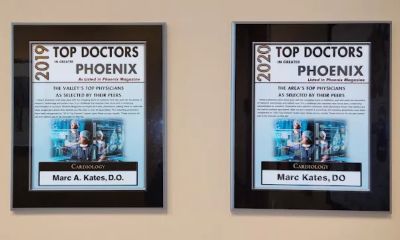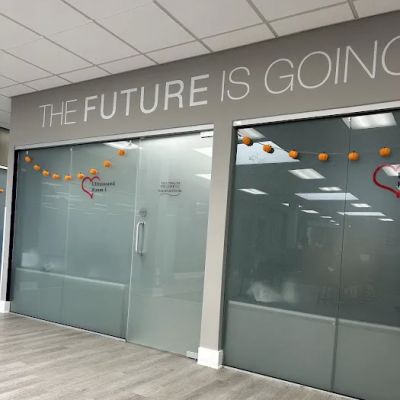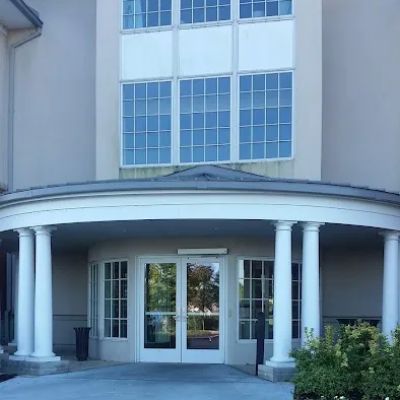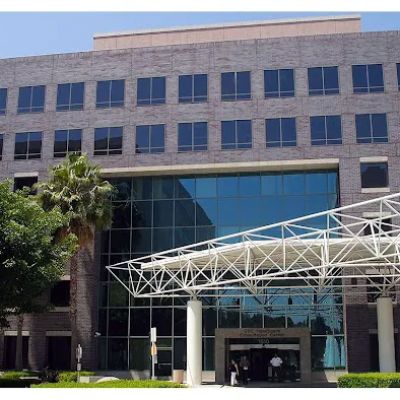Understanding the Role of Heart Specialists in Managing Cardiac Arrest
- What is Cardiac Arrest?
- The Critical Role of Heart Specialists
- Diagnostic Tools Used by Heart Specialists
- Real-Life Case: A Cardiac Arrest Survival Story
- Preventing Cardiac Arrest: How Heart Specialists Help
Cardiac arrest is one of the most life-threatening medical emergencies, and immediate action is critical. Understanding the vital role of heart specialists in managing cardiac arrest can make all the difference in survival rates. In this article, we will dive into how these experts handle the complexities of cardiac arrest, what steps are taken during treatment, and how they contribute to both immediate care and long-term recovery.

1. What is Cardiac Arrest?
Cardiac arrest occurs when the heart unexpectedly stops beating, cutting off blood flow to the body and brain. Unlike a heart attack, which involves blocked arteries, cardiac arrest is an electrical problem where the heart’s rhythm becomes abnormal. Without prompt treatment, cardiac arrest leads to death in just minutes. This is where heart specialists come in—ensuring that the right interventions are made as quickly as possible to maximize survival rates.
Cardiac Solutions
cardiac solutions
5651 W Talavi Blvd, Glendale, AZ 85306, USA

2. The Critical Role of Heart Specialists
Heart specialists, including cardiologists and cardiac surgeons, play an essential role in the management of cardiac arrest. Their expertise not only saves lives but also guides the recovery process. These specialists are trained to handle complex situations, utilizing both their knowledge of heart function and the latest technology to stabilize patients.
Immediate Intervention
When someone experiences cardiac arrest, seconds matter. Heart specialists work alongside emergency medical teams to perform CPR, defibrillation, and other advanced cardiac life support (ACLS) techniques to restore a normal heart rhythm. One key method used by specialists is the application of a defibrillator, a device that sends an electrical shock to the heart to restart its normal rhythm.
Post-Resuscitation Care
After resuscitating a patient, heart specialists move on to post-cardiac arrest care. This includes careful monitoring of heart function, maintaining proper oxygen levels, and preventing complications like brain damage or organ failure. Their role is to ensure that patients not only survive but also recover as fully as possible.
3. Diagnostic Tools Used by Heart Specialists
Heart specialists rely on advanced diagnostic tools to assess a patient’s condition during and after a cardiac arrest. These tools help determine the cause of the arrest, the extent of heart damage, and the best course of treatment.
Electrocardiogram (ECG)
An electrocardiogram (ECG) is one of the primary tools used by heart specialists to monitor the electrical activity of the heart. It helps detect abnormal rhythms that could lead to cardiac arrest or those that arise afterward. By analyzing the ECG, specialists can pinpoint the cause of the arrest and guide treatment decisions.
Echocardiogram
An echocardiogram is a test that uses sound waves to create images of the heart. It allows specialists to see how well the heart is functioning after an arrest, checking for any damage to the heart muscle or valves. This tool is vital for monitoring the heart’s recovery process and adjusting treatments accordingly.
4. Real-Life Case: A Cardiac Arrest Survival Story
To better understand the importance of heart specialists, let’s look at a real-life example. Sarah, a 52-year-old woman, collapsed while attending a fitness class due to sudden cardiac arrest. Her immediate care was provided by trained emergency responders who performed CPR and used a defibrillator to restore her heart rhythm. Once she was stabilized, Sarah was transferred to a renowned heart hospital where a team of heart specialists took over.
At the hospital, doctors used an ECG and echocardiogram to evaluate her heart's condition. They found that Sarah’s cardiac arrest was caused by a genetic arrhythmia. The specialists implanted a defibrillator to prevent future episodes and monitored her recovery closely. Thanks to the timely intervention by heart specialists, Sarah survived and made a full recovery. Her story highlights the critical role these professionals play in saving lives.
5. Preventing Cardiac Arrest: How Heart Specialists Help
Heart specialists don’t just manage cardiac arrest—they are also key to preventing it. Through early detection and intervention, they can help individuals reduce the risk factors that contribute to heart problems.
Regular Screening and Risk Assessment
Heart specialists often recommend regular heart screenings, especially for those with a family history of heart disease. Early detection of arrhythmias or coronary artery disease can help prevent a potential cardiac arrest. I’ve personally seen how regular checkups and lifestyle changes, guided by a heart specialist, can drastically reduce risk and improve quality of life.
Heart-Healthy Lifestyle Guidance
Heart specialists also provide guidance on how to maintain a heart-healthy lifestyle. They advise on diet, exercise, and stress management, all of which play a significant role in heart health. By following their expert advice, patients can significantly reduce their risk of cardiac arrest and other heart-related issues.





















Deborah Heart and Lung Center
deborah heart and lung center
200 Trenton Rd, Browns Mills, NJ 08015, USA